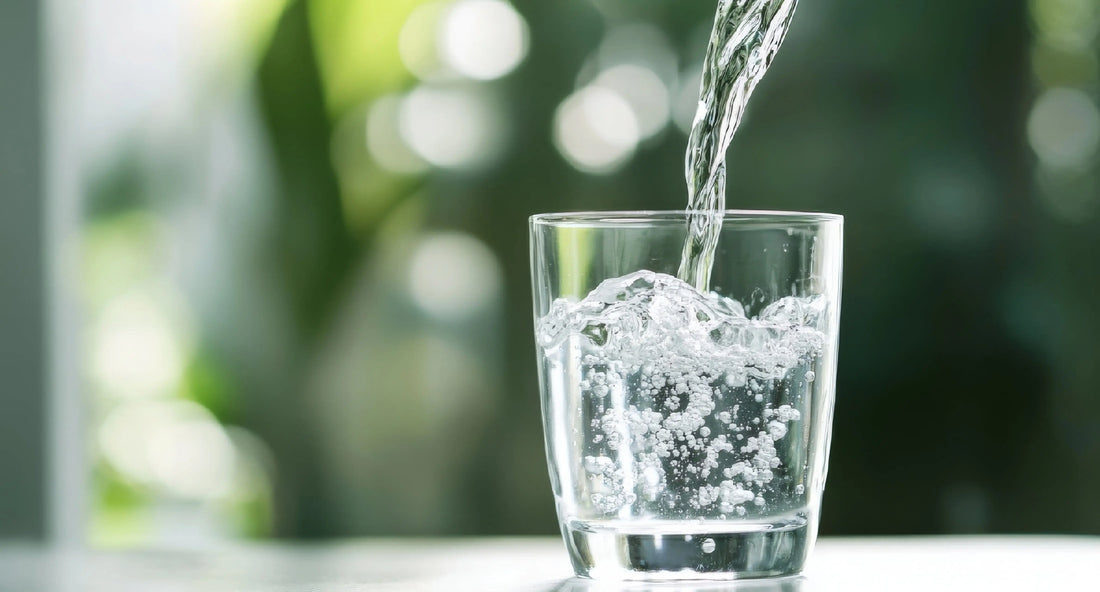
Blended diets and hydration
Share
It is all too easy to forget that if we are tube fed, we mostly have to take our hydration via tube, so how can we do this and eat well? In this blog, we will look at why hydration is important, what is needed and what ways you can maximise your intake.
And where possible we will link to all sorts of interesting sites and resources to provide more in-depth information on each section.
Hydration, needed by us all
While the amount of water a human is made up of varies dependent on age and gender, a good rule of thumb is a woman is 55% water and a male is 60%.
Interestingly enough a newborn averages 74% water! Water doesn’t just sit there in our bodies, it helps with an incredible range of tasks.
- Oxygen delivery – Blood is 90% water and it carries oxygen around our body
- Joint lubrication – Cartilage, found in our joints and the spine is 80% water. Dehydration can lead to joint pain.
- Regulates body temperature – Water is stored in the skin and as we heat up, it rises and forms sweat which evaporates and cools the body.
- Aides digestion – Without water there would be no digestion. Dehydration can lead to constipation, acidic stomachs, stomach ulcers.
- Removes Toxins and Waste – Water enables the body to flush out waste and toxins via urine and feces.
- Skin health – Water is critical to your skin’s health and its ability to be a barrier.
- Electrolyte balance – Magnesium, sodium, potassium and chloride are all critical to nerve function and muscle use. Keeping these in balance via water ensures that cramps and muscle fatigue are reduced.
- Breathing – If you are dehydrated the body will restrict airways to minimise water loss, worsening asthma and air intake.
- Mood regulation – Poor hydration can impact mood and increase chances of heachaches
There are a few more reasons for good hydration (not least, reducing hangovers) and for a very different take, check out this article on how sweat enabled humans to become the dominant species on the planet.
So we have persuaded you that hydration is important and let’s be honest, this isn’t new news.. What next?
How much is needed?
This is impacted by a number of factors, including your age, gender, body size, your activity status and even the climate (is it hot outside?) but in general the NHS recommends 6-8 glasses of fluid per day with more information available on the Eatwell guide.
Additional impacts on the amount of fluid required are things such as Diahorea, sweating, certain medications (i.e. medication to control excess drooling.) As always work closely with your dietitian to ensure the advice and volume is geared to your requirements.
And remember, some days you will not get the recommended amount of hydration, this is normal, we are not machines.
I know I need fluid but what is fluid?
At its simplest, fluid is water but included in fluid definitions are smoothies, juices, carbonated drinks, milk, tea and coffee and then fluid contained within foods such as cucumbers and cauliflower. Most blended diets contain around 70%-80% fluid. Don’t forget that water flushes count (often referred to as ‘Free water’) and giving a water flush around 30 minutes before a feed can aid with tolerance.
Other thoughts
Hydration salts – These are especially useful both for when you cannot consume your daily hydration and for when chronic diarrhoea is present.
Quick Hydration check - An easy check to see how hydrated you are is to look at your urine, clear or pale yellow is good and dark yellow or amber coloured urine is a possible sign of dehydration. Other symptoms are sunken eyes, dry skin, chapped lips and fatigue
